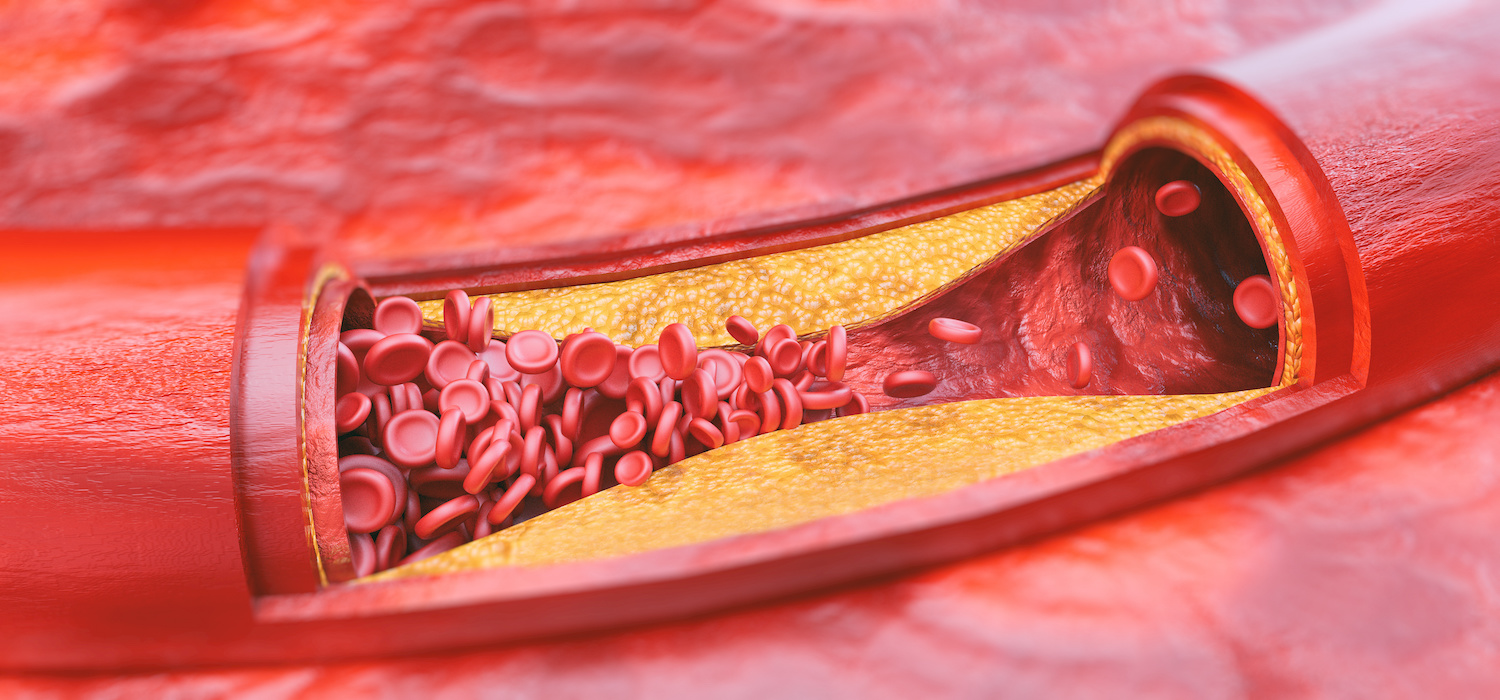I first heard this phrase in medical school, but physicians have been using the phrase “hardening of the arteries” to describe the slow decline and death of old people probably since they started dissecting bodies in Ancient Greece.
If you’ve got a few spare hours and a yellow highlighter, you might want to print out and review this lengthy article by four physiologists from the University of Colorado. Or just follow the bullet points I’ve extracted below.
I’m impressed that the authors encourage lifestyle changes and nutritional supplements over drugs in order to help people avoid surgical intervention.
Spoiler alert: having not yet received FDA approval, the intravenous (IV) therapies described at the end of this Health Tip are not mentioned in the article, even though both therapies have been widely used for more than 50 years in 25% of the world’s countries.
How we age
Our arteries age because their lining, called the endothelium, slowly becomes damaged. This occurs when a protective substance called nitric oxide declines, rendering the endothelium more susceptible to oxidative stress. In the process, the lining becomes chronically inflamed and predisposed to deposits of cholesterol plaque that can lead to partial and sometimes complete arterial obstruction. That’s hardening of the arteries.
How we pressed the fast-forward button on aging
When we were younger, many of us sped up this process with physical inactivity, stress, obesity, tobacco smoke, unhealthful diets, and environmental toxins. With our arteries inflamed and ultimately narrowed, our vital organs were deprived of an adequate blood supply. Just by being inflamed, our arteries are susceptible to calcium and cholesterol plaques with further downstream obstructions.
What we could be doing now
You know much of this already, so please bear with me. Sorry, PETA members, but the researchers actually viewed reversals of artery hardening in elderly lab animals that engaged in regular exercise and also received healthful diets and nutritional supplements.
As the researchers put it, “Regular aerobic exercise has a strongly favorable effect on vascular endothelial function with aging.” So does calorie restriction, meaning just eat less. Make sure you’re enjoying nuts, seeds, veggies, fish, legumes, fruit, and veggies. Cut back on salt and ensure your weight is under control.
The researchers also offered a few supplement recommendations:
- Resveratrol
- Curcumin (turmeric)
- Vasophil (increases nitric oxide)
- Any good antioxidant blend
Reversing the process
Generally, by the time the plaque in your arteries is causing trouble, the problem is around your heart (you’ll experience chest pain called angina and have a positive stress test) or your legs (calf pain when walking) or your brain (small strokes known as transient ischemic attacks—TIAs–or an actual stroke).
You may need surgery (to install a coronary bypass graft or a stent to open an artery), a statin to lower cholesterol, another med to lower your blood pressure, and another to thin your blood.
Surgery helps relieve chest or leg pain, but unfortunately there have been no studies showing that having these surgical procedures will contribute to longevity. If you want longevity, you’ll have to do more than sign a pre-operative consent.
Two IV therapies, chelationand phosphatidyl choline, have been administered around the world for decades. Chelation was immensely popular until a few years ago, when it fell into disfavor after some studies at the National Institutes of Health were equivocal. Not negative, mind you. Just not positive enough for flag waving.
Chelation therapy is still widely used to remove toxic metals from the body and when used with phosphatidyl choline (Plaquex)has become popular among people interested in anti-aging.
Whereas chelation was originally designed to remove calcium deposits from an artery, Plaquex works to remove hardened fatty deposits. Phosphatidyl choline is naturally occurring, part of the wall of every living cell. As we age, our cell walls become more rigid and thus less flexible and more susceptible to accumulating toxins.
Phosphatidyl choline and chelation are used to delay these aging processes and also for patients who have heart and blood vessel disease, including dementia. Generally we recommend one weekly treatment of each for 20 to 30 weeks followed by IV glutathione for detoxification or a Myers’ cocktail for additional nutritional support.
If you’d like additional information, pricing, or to schedule a treatment, just contact us and ask for Nurse Janet DeLaRosa or Office Manager Krista Dillard.
Be well,
David Edelberg, MD

L’Arginine is also helpful for increasing Nitric Oxide production and protective of the endothelial layer and often used for Bartonella. There are some contraindications, but generally very safe and found in meat. I did see this study from the Lancet where it’s quite helpful for covid pneumonia (https://www.thelancet.com/journals/eclinm/article/PIIS2589-5370(21)00405-3/fulltext).
Perhaps another inexpensive option for people.
David Millett
This is especially interesting to many on so many levels. What do you know about calcium in the arteries after dialysis? My husband had a transplant recently. This showed up in a scan. We were told it’s common. Can he benefit to reversing any of that damage with IV treatments? Budget is in mind but so is is health and recovery after such a surgery.
Connie